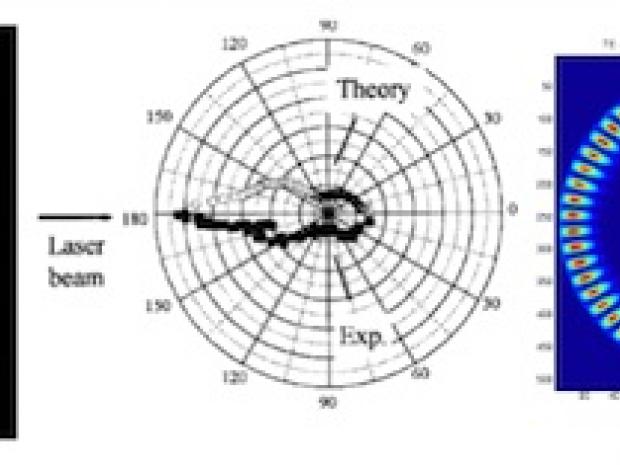Physics Seminar: Microcavity Photonics: From intermolecular energy transfer to biosensors and beyond

Presented By: Stephen Holler, NovaWave Technologies
Optical micro-cavity structures (i.e., micron-sized spheres, disks, and rings) can play an important role in a variety of physical and chemical processes, and may be readily employed as sensitive tools to further the understanding of micro-scale and nano-scale physical phenomena. Naturally occurring and manufactured micro-cavities share high quality factor resonant characteristics that can mediate photonic processes in systems involved in diverse areas such as atmospheric chemistry, biomolecular characterization, integrated photonics, and fiber laser development. This presentation will focus on the recent uses of the photonic resonant properties of micro-cavities to elucidate physical phenomena such as intermolecular energy transfer far beyond the Förster range, cavity mode selection as a means for molecular characterization, and fluorescence enhancements in multi-photon excitation. In addition, recent advances in applied micro-cavity research have resulted in the development of ultrasensitive biomolecular sensors and tunable photonic integrated circuits. These advances pave the way for a myriad of studies that will offer new insights into biomolecular systems, result in novel laser geometries, and enhance Homeland Security through advanced biological and chemical sensor platforms. The broad applicability of micro-cavity photonic devices to both fundamental and applied areas in physics, chemistry, and biology make them truly diverse, interdisciplinary, and important scientific tools.

